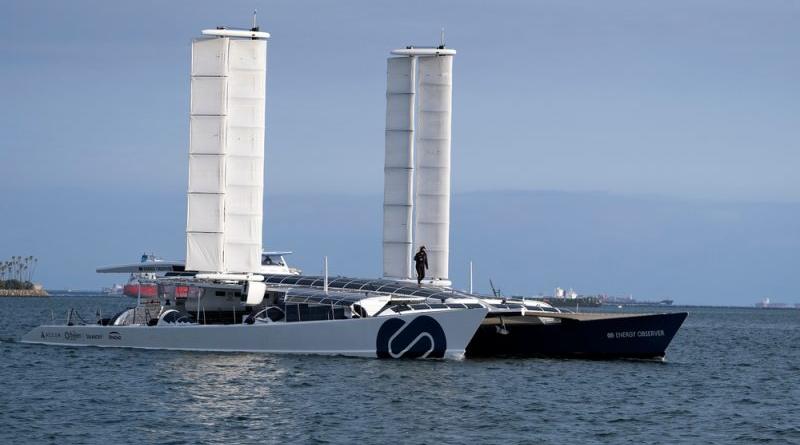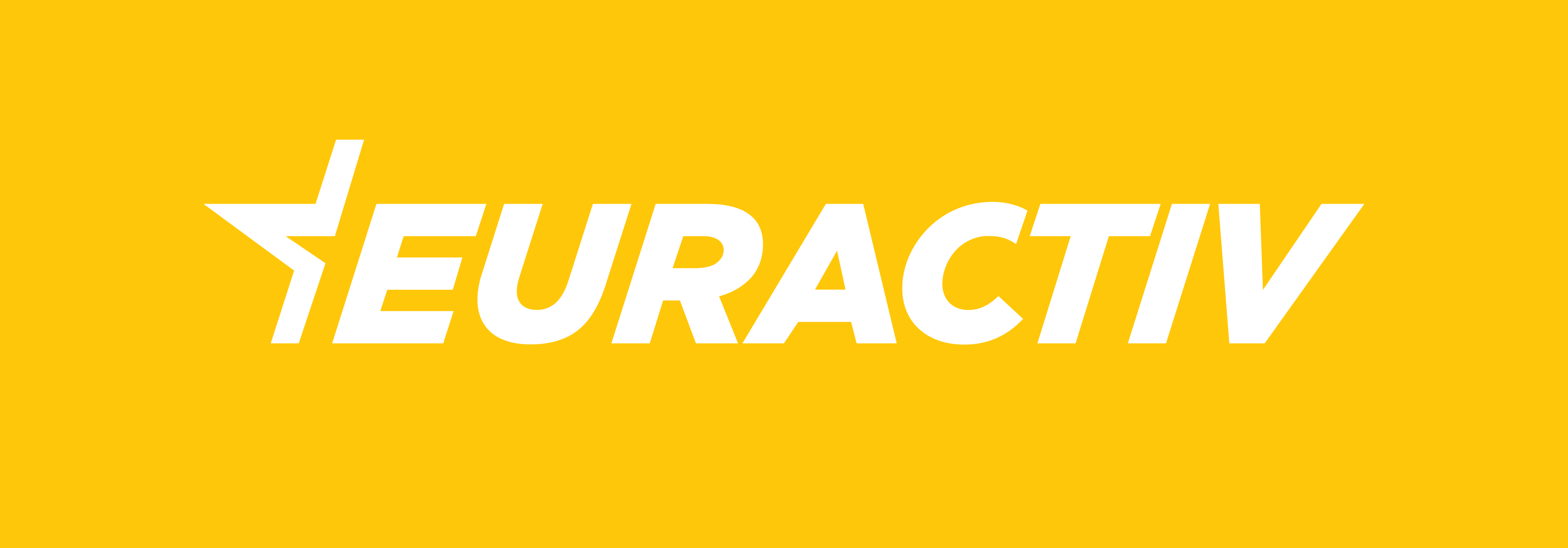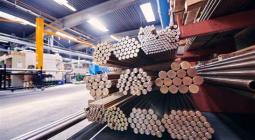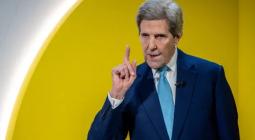100 clean tech projects to be presented in the EU Parliament

One hundred innovative solutions for Europe’s ecological transition, which include a vegetable-based lamp, AI to combat food waste and a wind turbine covered with tensioned textile, will be presented to the European Parliament on Wednesday (7 June).
Read the original French story here.
The projects are just some of the 100 solutions from 18 EU countries that have been selected and will be promoted as part of The Arch project.
The Arch’s aim is to accelerate the ecological transition in Europe, showcase practical solutions and encourage decision-makers to commit to ambitious policies.
French sailboat racer Francis Joyon symbolically collected the 100 innovations across the European continent, which were subsequently assessed by 3,000 business leaders, experts and associations during a cruise from Saint-Nazaire to Amsterdam.
“To speed up the transition, we need to look at what solutions are emerging, in terms of sufficiency and ecosystem restoration, but also in terms of technology and innovation,” Catherine Chabaud, sailor, MEP and The Arch ambassador to Brussels, told EURACTIV.
“The fact that this collection of solutions is taking place in the homes of Europe’s citizens makes symbolic sense,” she added.
Vegetable lamps and textile wind turbine
Following a call for solutions in 2022 that focused on five major themes – food and health; urban living; mobility, energy and industry – more than 100 submissions from 22 EU countries were received. Ultimately, only 100 of the most economically viable, sustainable and replicable were selected.
A serum called Green Reflex, which transforms plants into street lamps is among the innovations that made the cut.
Developed by the French company Aglaé, these plant lights are still confined to research laboratories and a few prestigious events, but could play an important role in lighting city centres, parks and country roads.
Among the more remarkable innovations is ACT BLADE, a wind turbine covered with tensioned textiles.
This Italian technology, inspired by competitive sailing, makes wind turbine blades up to 30% lighter than conventional ones. They are also longer than their counterparts, meaning they can produce 9% more energy. The new blades are starting to be marketed in Europe.
AI against food waste and fishing robot
Each year in Europe, up to 30% of all food is wasted. In response, a Spanish team has designed Buffet Waste, an artificial intelligence tool capable of quantifying the amount of food customers consume and waste.
By assessing customer behaviour, the tool is able to predict the amount needed so that there is no waste or shortage. Buffet Waste now equips several hotels and is targeting the major hotel and restaurant chains.
Another innovative project is SEAVIS, an underwater robot from Denmark that could enable trawlers to fish more accurately and cause less damage to the seabed.
Navigating at high speed, armed with optical cameras and algorithms, it can draw up biomass maps and identify blue mussel harvesting sites. The aim of the project is to preserve underwater biodiversity while optimising the economic performance of trawl fishing.
EU regulation key
Presenting these innovative solutions to EU lawmakers in Brussels will be an opportunity to showcase the excellence of EU innovation and make clear the importance of regulation for innovation.
“We’re going to show that the transition is already underway and that project developers haven’t waited for legislative frameworks. As far as legislators are concerned, these concrete innovations can move things forward. I myself was able to incorporate sail-based marine propulsion into a piece of legislation after discovering the Ayro company,” stressed Chabaud, who will be welcoming the different participants to the European Parliament on Wednesday (7 June).
“We then need to help these players reach the markets and ensure that their innovations are duplicated. That’s where the European Union now needs to move forward,” said Chabaud.
[Edited by Nathalie Weatherald and Frédéric Simon]
cover photo: Hugo Struna | EURACTIV France





